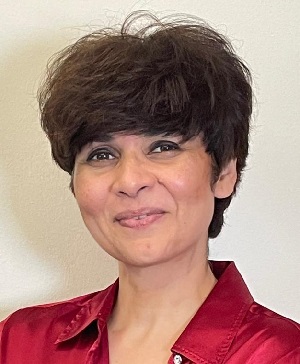Talent management professionals have lately been spoilt for frameworks, processes, and practices to pick from! In my personal experience, if you need a starting point and keep things integrated and comprehensive, the IDEA framework provides a holistic and comprehensive perspective.
IDEA stands for Identify, Develop, Engage and Assess. It is a simple yet powerful framework I have used over the last many years.
The components of the framework are as set out:
Identify
Through talent identification, we discover and acknowledge some of our best employees who have the potential to contribute significantly in the future. The process aims to create a win-win between the employee and the organisation, where employees realise their full potential and there is sustainable value for the organisation.
Some indicators to identify talent:
Develop
It is imperative that talent can be challenged and coached for growth. Developmental conversations must follow performance conversations twice a year, at minimum.
A coach (this could be the manager, or an assigned coach) could channel the employee to set short-term, mid-term and long-term goals for themselves, appreciate where they are vis-à-vis these goals, what development interventions would be best, and when.
It is best that talent own their own development and be able to pick development interventions from a menu of offerings internal and/or external to the organisation.

“Talent management can be an art at times, and not entirely a science.” – Rashmi Sharma, Head of Talent Management, GovTech Singapore
As HR professionals, we must socialise the 70-20-10 rule: It is important that we remind talent that they pick not only classroom options but also consider self-study, research, mobility options, projects, mentoring, shadowing, coaching and other interventions. ‘Giving back’ can be a great way to advance functional and leadership skills as well – this includes teaching or designing curricula, contributing to conferences or journals, mentoring or coaching others, or volunteer work outside of the organisation. Leadership and HR should ensure these resources and options are available to talent where possible.
Engage
Various in-person or virtual channels may be used to connect with talent one-on-one, or in small groups, in a meaningful and personalised manner. These sessions increase the visibility of talent to managers and senior leaders and vice-versa.
One-on-one sessions may be used to discuss in depth their work, projects, performance, career paths, and development, and may be used to provide and receive feedback.
Group sessions can be used to discuss projects, initiatives, and provide and receive feedback in a broader forum. Such sessions also serve as networking opportunities amongst talent. When nurtured over the years, these networks can be extremely powerful.
It is advisable to have a regular cadence to these sessions.
Assess
Organisational talent may be evaluated for one or more of their functional or leadership skills, knowledge, aptitude, performance or potential. It is important to think through these before deploying any assessments:
The IDEA framework has been found effective in various organisational contexts. These is just one other thing I would recommend: Focus on retention. This will involve finding out what motivates the employee. It could be the nature of the job, the possible career paths, monetary and non-monetary rewards, or other factors. Once these are known, talent can be motivated and retained appropriately.
READ MORE: How innovative employee benefits unlocks talent potential
Having described a framework, please allow me to now leave you with a comment a bit to the contrary: Talent management can be an art at times, and not entirely a science. While frameworks can help keep the process organised and comprehensive, human judgement and personal engagement from senior leadership and HR are crucial at all stages.
Wishing you all the very best with managing talent!
About the author: Rashmi Sharma is Head of Talent Management at GovTech Singapore.
Join her at CHRO Singapore 2023, where she will be part of a panel discussion that analyses the key trends that will shape the way organisations work and offers insights into how HR and business leaders can create winning strategies to build future-ready organisations.